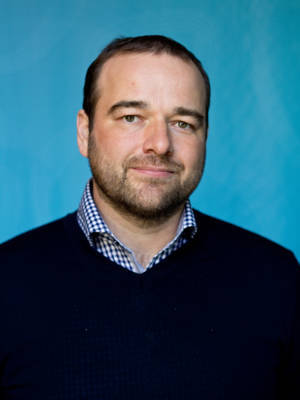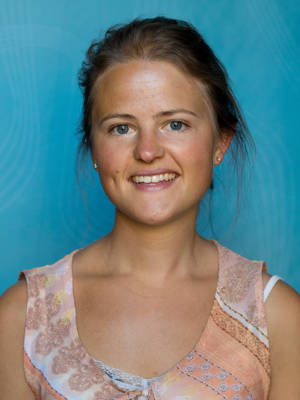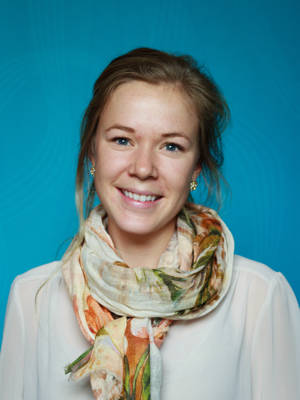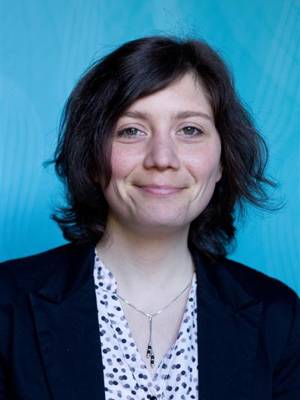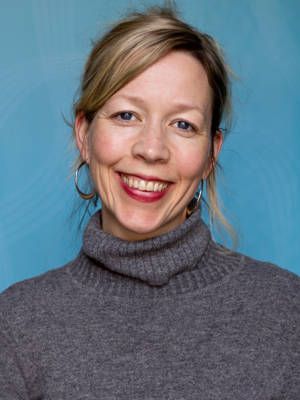PROJECT CONCEPT
The Dynamic of State Failure and Violence (DSFV) is a Research Council of Norway-funded four-year multi-disciplinary comparative research project to study the nexus of state-society-violence in the contemporary history of north east Africa. A few large-scale conflicts in this volatile region have overshadowed a myriad of smaller cases of state violence, local insurgencies and everyday insecurity. The DSFV-project collects original data to test new approaches to clarify and explain the dynamic impact of this broader violence on governance and politics in this region. As Africa’s youngest state with a particularly bloody and largely unrecorded history, the project devotes particular attention to the analysis of the contemporary history of South Sudan.
The project explores four interlinked themes:
- Political culture and “State failure”: The DSFV-project critically examines policy driven research on political culture and state failure/collapse in Africa. Adopting an empirical and “down-to-earth”-approach it focuses on the everyday interaction between manifestations of governance, societal groups and individuals. A key element of the analyses is the notion of an implicit social contract and states’ failure to deliver on expectations of fundamental services such as the rule of law and protection of its citizens. The analyses of countries and local cases include both colonial legacies and comparing the dynamics patterns of governance and resistance over time.
- Modes and types of “Irregular warfare”: instead of drawing a clear distinction between war and peace and between insurgency, civil war and inter-state war, the DSFV-project focuses on modalities of collective violence. Irregular warfare is defined as organised violence that does not conform to conventional warfare and is asymmetrical and often protracted. It may occur along the whole continuum of violence from “peace time” to total war.
- The Cost of Conflict: Studies up to now have mainly focused on possible economic gains of warfare in Africa. Less attention has been given to the cost of organised violence and its economic and political impact. The DSFV-project employ the notion of “conflict capital”, which encompasses the input factors (e.g. weapons, money, food and legitimacy), needed to engage in organized violence. The cost of conflict analysis also include the ways in which recurrent violence impact and transform state-society relations in this region.
- Regional and global factors politics: Under the cover of superpower contestation, African states developed their own regional policies and strategies. Now broader political currents acting at the national, international and now also transnational level increasingly affect African politicians and rebels. At the grassroots level, cross-border migration (both forced and voluntary) and borderland communities impact politics locally and at national centres. Moreover, engagement by international bodies and non-African states has been a constantly shifting factor demanding adroitness and adaptability from African players at different levels.
POLICY IMPACT
The DSFV-project is aimed at helping the international community and especially Norwegian actors (politicians, aid agencies, diplomats and global media) to obtain a more accurate perspective of the political, social, gender, and environmental situation north east Africa and Third World countries as such. The project eventually aim for making international and local actions in this region and especially in South Sudan more effective and appropriate to the needs on the ground.
NEWS
Follow the project on FacebookGet the most recent updates on the Dynamics of State Failure and Violence research and leave your comments on our Facebook page.
Durham University Conference 8-11 May
8-11 May the Peace Research Institute Oslo (PRIO) in collaboration with the Department of History and the Global Security Institute of the Durham University organised a successful conference in Durham. More than 30 scholars gathered with the aim of exploring how, and to what degree, political violence shaped emerging independent states in northeast Africa in the 'formative' period between the 1950s and 1980.
Journal of Eastern African Studies,Special Issue:Politics and violence in eastern Africa: the struggles of emerging states, c.1940-1990
New special issue co-edited by Øystein H. Rolandsen, featuring 11 articles on violence and politics in eastern Africa from 1940-1990. For abstracts and links to the complete issue, click the link below.
PROJECT OUTPUT
The DSFV project will produce a broad range of deliverables – from non-academic seminars to academic monographs. Since early 2012, Dynamic of Violence and State Failure project forums have included:
- “Struggles over emerging states in Africa”: A three day conference at Durham University, UK on the impact of political violence on governance and society in northeast Africa between 1950 and 1980. This includes a one-day Masterclass.
- “Al Shabaab and Kenya's Somali invasion: security, development and humanitarian intervention in eastern Africa”. A seminar by David Anderson at PRIO.
- “Warfare in independent Africa”. A seminar and book launch with William Reno at PRIO.
- “The Horn of Africa: a bad neighbourhood?” Debate at the Litteraturhuset, Oslo with David Anderson, William Reno and Liv Tørres.
- “Civil war ‘onset’, a historical approach”. Lecture by Øystein H. Rolandsen at Durham University.
- “Conflict in Africa: The Leadership and Governance Accelerators”. A seminar with Robert Rotberg at PRIO on leadership, governance and conflict in Africa.
- "'The New Kings of Crude': China and Conflict Resolution in the Sudans." A seminar and book launch with Luke Patey at PRIO.
- "Will 2015 be the Year of Peace in Sudan?" A PRIO seminar with Yasir Arman, Secretary General of the Sudan People Liberation Movement - North (SPLM-N) . The full script and video recording of his presentation is available on the event page.
RESEARCH NETWORK This project consists of an international multi-disciplinary network of researchers managed by the Peace Research Institute Oslo (PRIO).
Core members of the network:
- Professor David M. Anderson, University of Warwick
- Professor William Reno, Northwestern University
- Doctor Øystein H. Rolandsen, PRIO
- Ingrid Marie Breidlid, PhD fellow at the Centre for the Study of Civil War/PRIO
Project participants:
- Professor Fadwa Taha, University of Daman/University of Khartoum
- Dr. Alfred Lokuji, University of Juba
- Dr. Luka Biong Deng
- Professor Emeritus Christopher Clapham, University of Cambridge
- Dr. Mark Leopold, University of Sussex
- Dr. Francesca Locatelli, University of Edinburgh
- Dr. Dereje Feyissa Dori, University of Bayreuth
- Dr. Martin W. Daly
- Professor Morten Bøås, Fafo AIS
- Dr. Lovise Aalen, Chr. Michelsen Institute
- Professor Derek R. Peterson, University of Michigan
- Dr. Kenneth J. Menkhaus, Davidson College
- Professor Justin Willis, Durham University
- Ludo De Witte, independent writer
- Dr. Daniel Branch, University of Warwick
- Belete Belachew Yihun
- Professor Richard Reid, SOAS University of London
- Dr. Cherry Leonardi, Durham University
- Professor Stig Hansen, Norwegian University of Life Sciences

